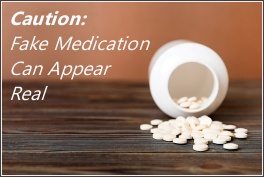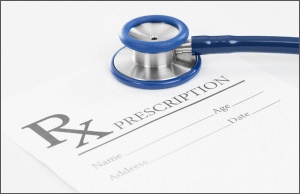 Several articles recently addressed a study which found that providing buprenorphine after an overdose significantly increased the likelihood of individuals accessing opioid use disorder (OUD) treatment.
Several articles recently addressed a study which found that providing buprenorphine after an overdose significantly increased the likelihood of individuals accessing opioid use disorder (OUD) treatment.
The current protocol for paramedics and emergency departments in treating opioid overdose is to administer naloxone in order to reverse the effects of overdose. A recently published study showed that also providing buprenorphine immediately afterward reduced withdrawal discomfort and increased outpatient addiction follow-up care.
A separate article referenced data showing a nearly six-fold increase in patients accessing outpatient addiction treatment within 30 days of the overdose event.
These are highly encouraging finds which demonstrate the far-reaching effectiveness of medication-assistance in the treatment of opioid addiction. Saving a life through overdose reversal is obviously a critical benefit, but increasing motivation for follow-up treatment is a huge step in helping addicted individuals plug into a long-term solution.
Structured treatment which utilizes medication-assistance provides so much to those aspiring to face their addiction challenges. Naloxone, buprenorphine, and methadone have saved countless lives, and these medications have provided an unrivaled opportunity for those in opioid addiction to plot a new path in life.

 Follow
Follow

 Minnesota officers recently seized a large quantity of fentanyl in the Midwest based on extensive investigation and “very, very good police work”.
Minnesota officers recently seized a large quantity of fentanyl in the Midwest based on extensive investigation and “very, very good police work”.  The U.S. Dept. of Health and Human Services has awarded $1.5 billion in an effort to support States in their fight against opioid addiction.
The U.S. Dept. of Health and Human Services has awarded $1.5 billion in an effort to support States in their fight against opioid addiction.  There are plenty of illegally manufactured medications of unknown origin currently flooding the country. In addition to heroin, methamphetamines, and other highly addictive substances, common prescriptions for managing psychiatric disorders are now accessible on the street as well.
There are plenty of illegally manufactured medications of unknown origin currently flooding the country. In addition to heroin, methamphetamines, and other highly addictive substances, common prescriptions for managing psychiatric disorders are now accessible on the street as well. While it is fairly common knowledge these days, it bears repeating that fentanyl is leading to dramatic increases in drug overdose deaths. The Families Against Fentanyl group, using three years of CDC mortality data, recently concluded that fentanyl overdose had caused more deaths than the corona virus, automobile accidents, or suicide in the 18-45 age group.
While it is fairly common knowledge these days, it bears repeating that fentanyl is leading to dramatic increases in drug overdose deaths. The Families Against Fentanyl group, using three years of CDC mortality data, recently concluded that fentanyl overdose had caused more deaths than the corona virus, automobile accidents, or suicide in the 18-45 age group.


